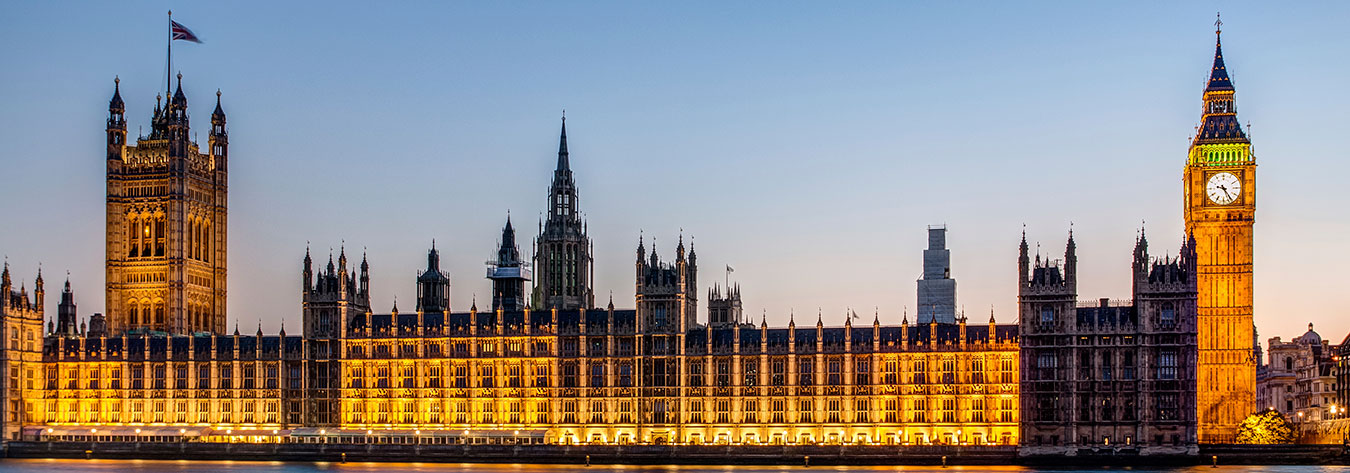Election results spell change for British politics
It’s all over bar the shouting. And there’s sure to be plenty of that in the days and weeks ahead. But a big question remains, how did everyone get it so wrong?
With pollsters and commentators believing no single party was in a position to win a majority in the UK general election held on 7 May, there was a virtually unanimous view that there would be a hung parliament.
There was a flurry of speculation about who would get into bed with whom, of fiendish coalitions, of power-broking north of the border with Nicola Sturgeon, leader of the Scottish National Party (SNP), assuring Labour Party Leader Ed Miliband that she would make sure he would be in Number 10 by joining forces.
In the end, while the SNP soared to great victory in the polls—they won 95% of Scottish seats from just 50% of votes—Miliband saw his party severely defeated. Within hours of the verdict, he had tendered his resignation, as had Liberal Democrats Leader and former Deputy Prime Minister Nick Clegg, and a grimacing Nigel Farage, leader of the UK Independence Party (though not too long afterwards he returned to the leadership of the embattled party).
Prime Minister David Cameron’s victory was unexpected but decisive. The Conservative Party won a majority in the House of Commons of 12 seats, having won 331 seats to Labour’s 232. Many of these seats were at the expense of their former coalition partner, the Lib Dems, who clung on to just eight of the 57 seats they had held.
The make-up of the House is interesting: almost 29% of MPs are women (none are Lib Dems), 41 MPs are from ethnic minorities, and there are said to be 32 lesbian or gay MPs.
According to The Telegraph this was “a stunning victory”. It is more than a century since a governing party in the UK increased its share of the vote after being in power for more than 18 months. Now, according to The Week, it is possible to walk from Land’s End in Cornwall to the Scottish Borders without leaving Conservative constituencies.
But here is where the shouting begins. The SNP landslide—the swing from Labour to SNP in Glasgow North East was, at 39.28%, the biggest in UK history—gives Sturgeon a voice that cannot be ignored in Westminster. While she is unlikely to reopen the question of a referendum on independence for Scotland, she is almost certain to demand further autonomy and devolved power. Cameron will have his work cut out for him there.
His biggest challenge, however, will be over Europe and his determination to seek changes in the terms of the UK’s membership of the European Union (EU) ahead of a promised referendum on this issue before the end of 2017.
For Cameron personally, this is less of an issue than it might have been since he has said he will not stand for election again. In a sense he has nothing left to lose. Nevertheless he faces serious questions in Brussels.
Many of the UK’s partners in the EU are tired of London’s regular complaints and demands for special status. Diplomatically, most say that of course they would prefer to see the UK as a member state, but privately, some EU bureaucrats would not be sorry to see us go. Already Cameron has begun to sound out his EU colleagues on what he sees as the best deal for the UK.
However, it is not only our European friends that Cameron has to deal with. Within his party there is still a significant Eurosceptic phalange; the same rebels who managed to bring down the John Major government of the mid-1990s.
Cameron may be forgiven for celebrating an unexpected victory, but he must also be reminded that the honeymoon period doesn’t last forever.







